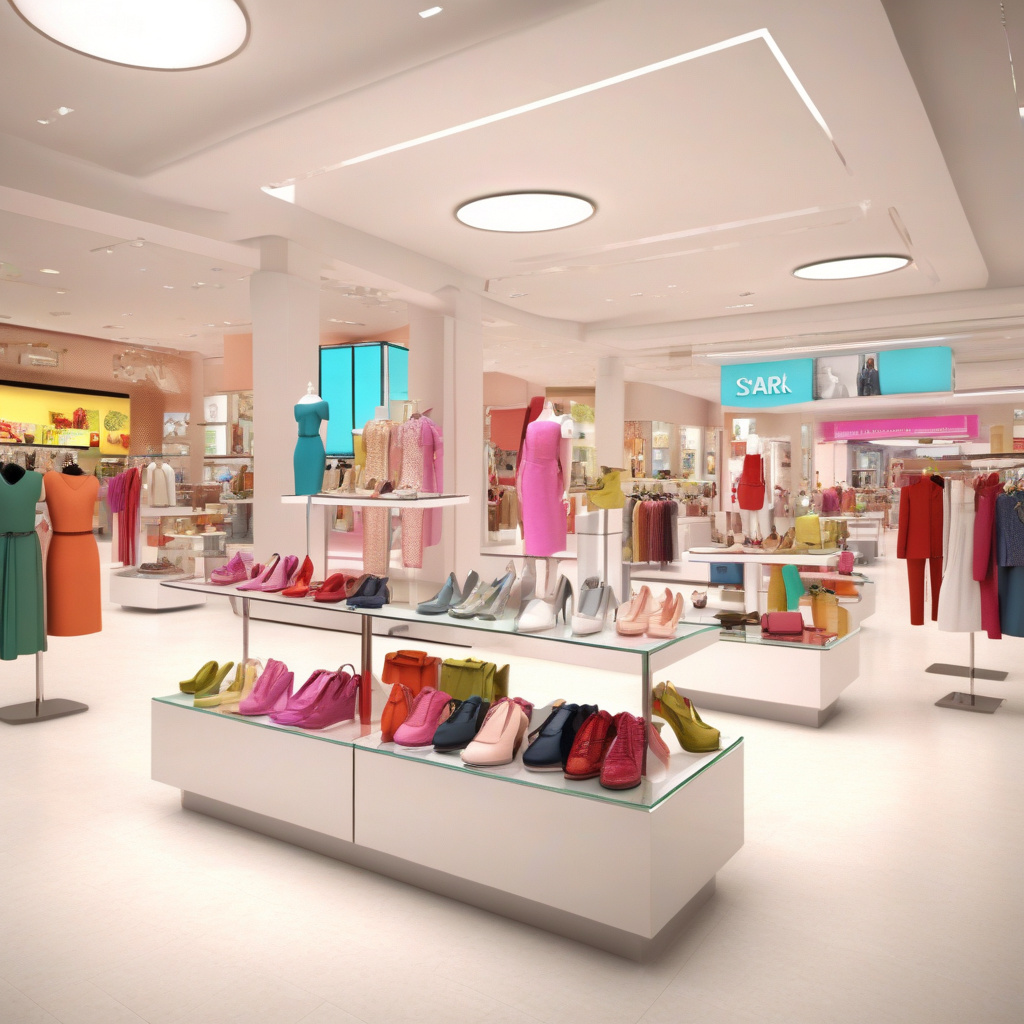Elevating the Social Shopping Experience: A Key Strategy for Retailers to Drive Sales
The realm of social shopping is not a new concept for retailers, but its significance and impact on the industry are constantly evolving. With the rapid growth and dominance of social media platforms in our daily lives, retailers are presented with a golden opportunity to leverage these channels to enhance the shopping experience for consumers and ultimately drive sales. One platform that is making significant waves in this space is TikTok Shop, which has not only seen exponential growth but has also caught the attention of retail giant Amazon as a potential acquisition target.
Social shopping involves the integration of social media features into the e-commerce experience, creating a seamless and interactive platform for users to discover, engage with, and purchase products. By blurring the lines between social networking and online shopping, retailers can tap into the power of social influence, user-generated content, and personalization to create a more engaging and personalized shopping journey for their customers.
One of the key strategies for retailers looking to elevate the social shopping experience is to leverage the unique features and capabilities of social media platforms. For example, Instagram Shopping allows businesses to tag products in their posts and stories, directing users to a shoppable page where they can make a purchase with just a few clicks. This seamless integration of content and commerce not only enhances the user experience but also reduces the barriers to making a purchase, ultimately driving sales for retailers.
Another effective strategy is to harness the power of user-generated content and social proof to build trust and credibility with consumers. By encouraging customers to share their shopping experiences, reviews, and photos on social media, retailers can create a sense of community and authenticity around their brand, making it more relatable and trustworthy to potential buyers. This social validation can significantly influence purchasing decisions and drive sales by tapping into the innate desire for social connection and validation.
Furthermore, retailers can leverage social media algorithms and data analytics to personalize the shopping experience for individual users. By analyzing user behavior, preferences, and interactions on social media, retailers can deliver targeted and relevant product recommendations, promotions, and content to enhance the overall shopping journey. Personalization not only increases customer engagement and satisfaction but also drives conversions and boosts sales by presenting users with products that resonate with their interests and preferences.
As social shopping continues to evolve and expand, retailers must stay ahead of the curve and embrace innovative technologies and strategies to remain competitive in the digital landscape. The rise of TikTok Shop as a potential acquisition target for Amazon underscores the growing importance of social commerce in the retail sector and highlights the immense opportunities that lie ahead for retailers who are willing to invest in and prioritize the social shopping experience.
In conclusion, by elevating the social shopping experience through strategic integration of social media features, user-generated content, personalization, and data analytics, retailers can create a more engaging, seamless, and personalized shopping journey for consumers, driving sales and fostering long-term customer loyalty in the ever-changing digital marketplace.
social shopping, retail, e-commerce, sales, TikTok Shop
